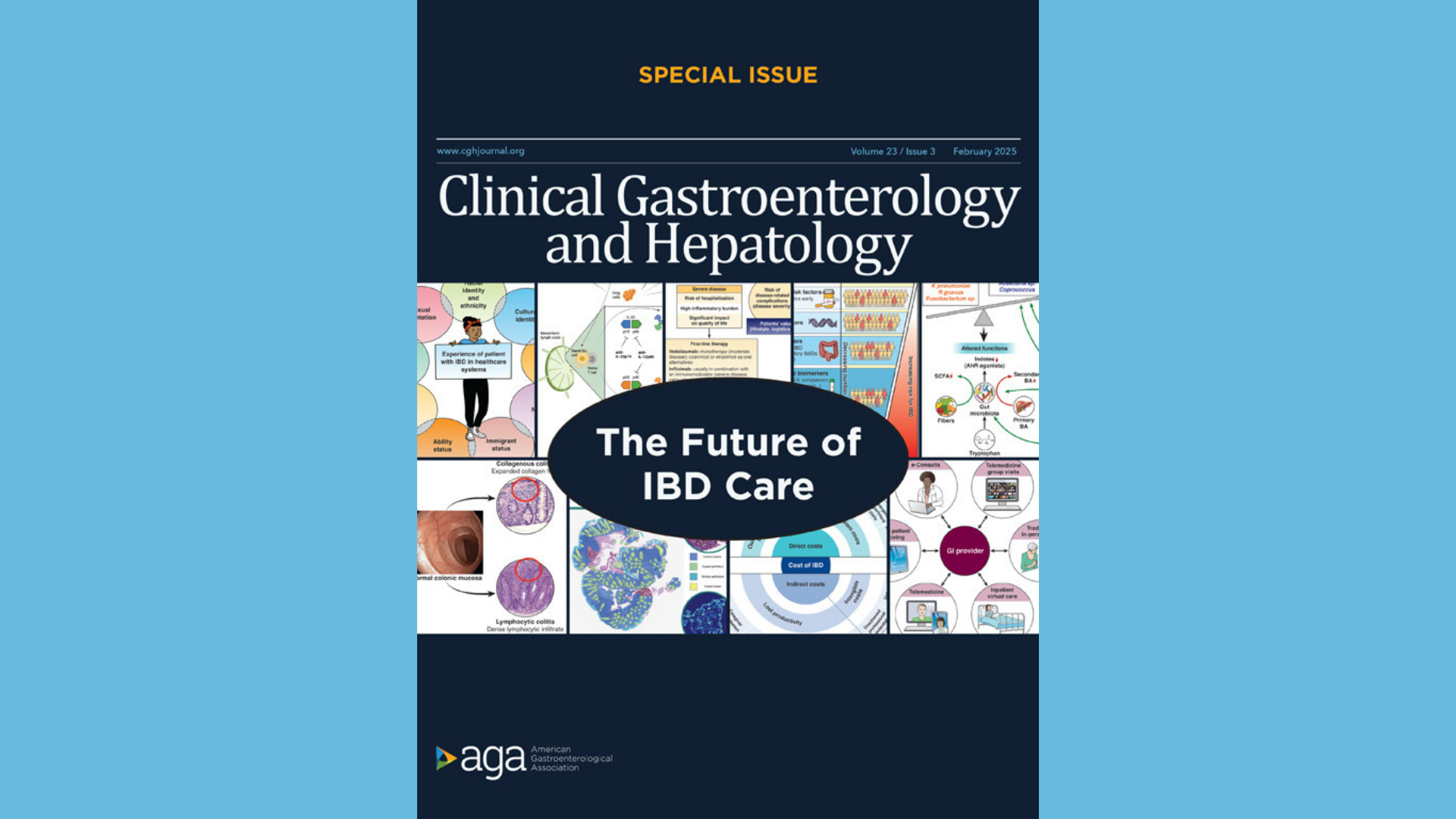As we approach the 100th anniversary of Crohn’s disease first being described, Clinical Gastroenterology and Hepatology (CGH) is diving into the past, present, and future of inflammatory bowel disease (IBD) care. Its special issue covers groundbreaking advancements, ongoing challenges — such as rising treatment costs and the increasing global burden of IBD — and emerging strategies shaping the future of patient care. The special issue comprises a collection of articles selected by authors Edward Loftus, MD, of Mayo Clinic; Joana Torres, MD, of Universidade de Lisboa; Jason Hou, MD, of Baylor University; Charles Kahi, MD, of Indiana University; and Siddharth Singh, MD, of University of California San Diego.
CGH Special Issue Preview
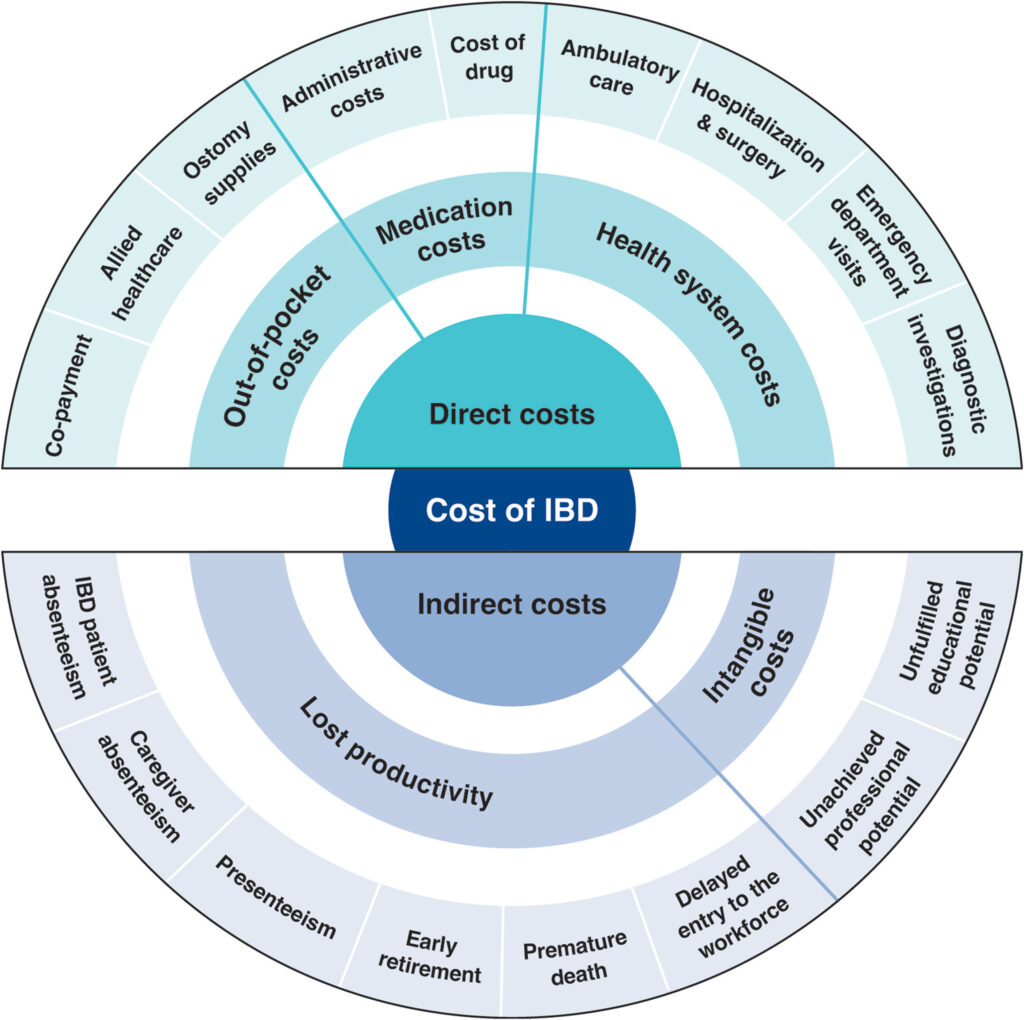
IBD cases are on the rise, and so are treatment costs. This article highlights innovative solutions to make care more affordable, including the role of biologics and evolving cost-management strategies.
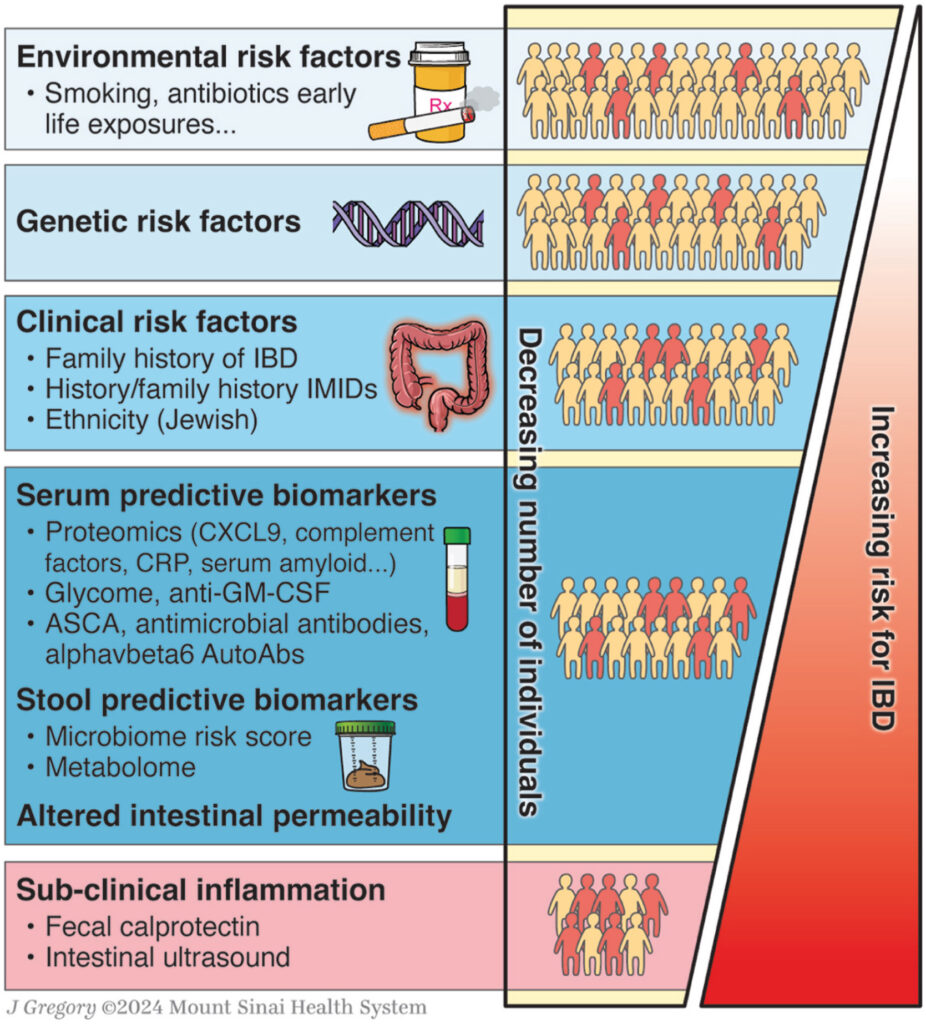
This article examines new research into the pre-clinical phase of IBD and explores potential prevention strategies that could change the course of the disease.
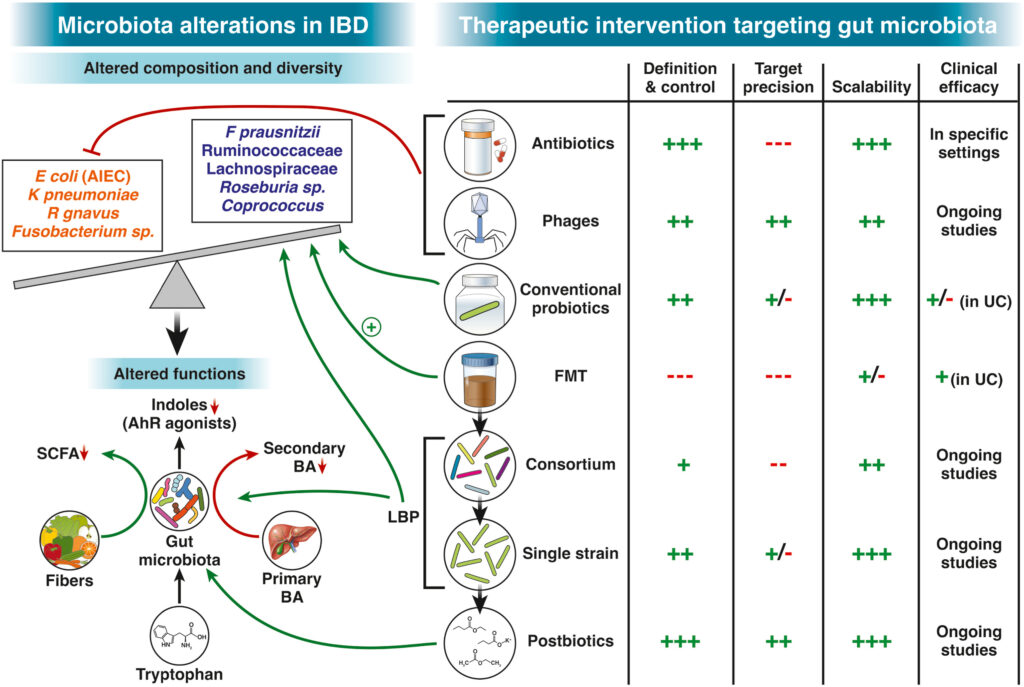
This article examines existing evidence on how diet and microbiome-targeted therapies could revolutionize IBD management.
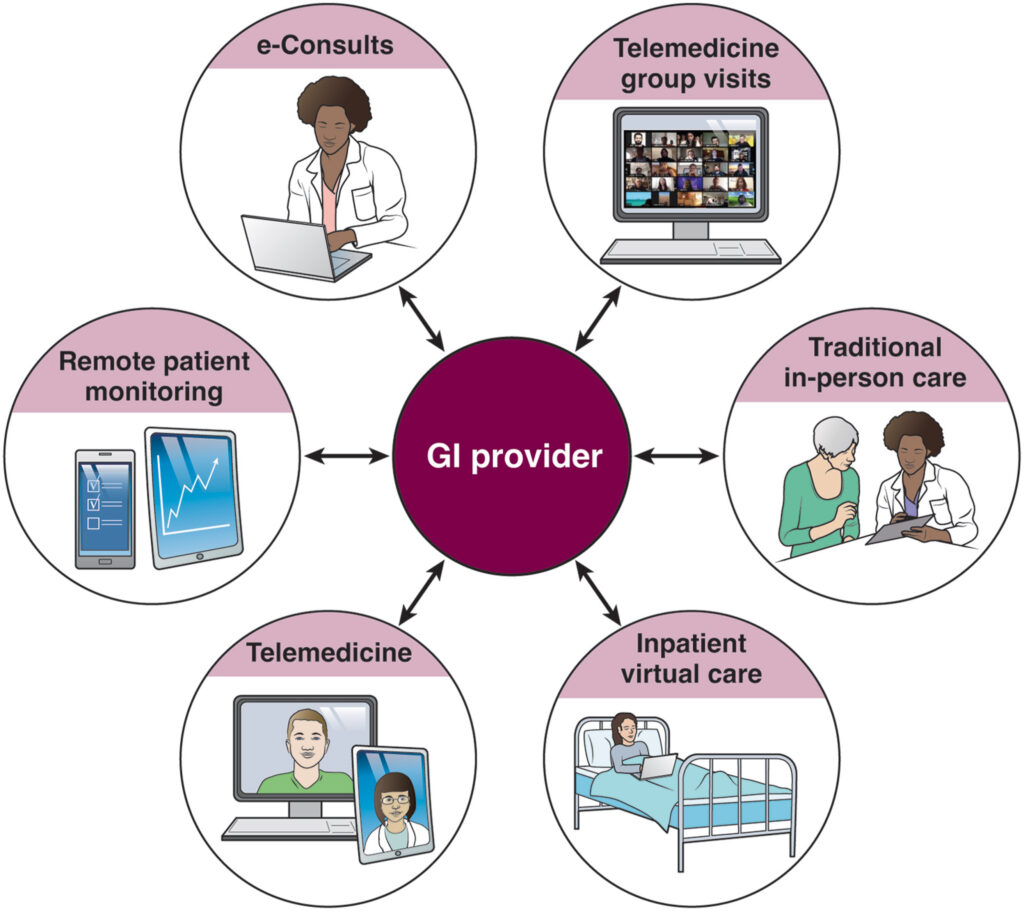
IBD care is shifting toward a 360-degree approach — integrating digital health tools, personalized monitoring, and value-based care models to put patients first. Find out what’s next in this evolving care model.
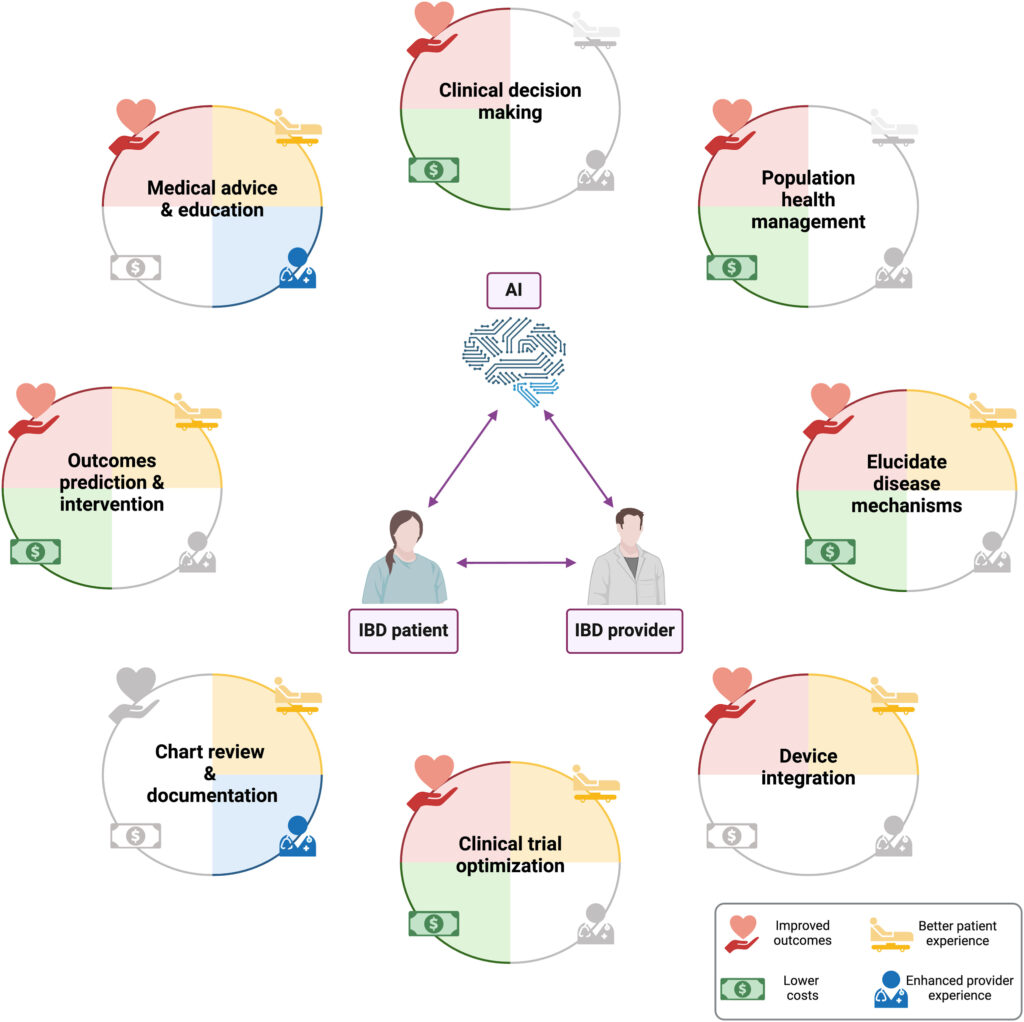
Artificial intelligence is making its mark in IBD care, from predicting treatment responses to analyzing endoscopy images. This article explores how AI is reshaping clinical practice and research.

This article examines care gaps in historically underserved communities, addresses culturally sensitive care, and proposes a framework for incorporating cultural humility in IBD practices and research.
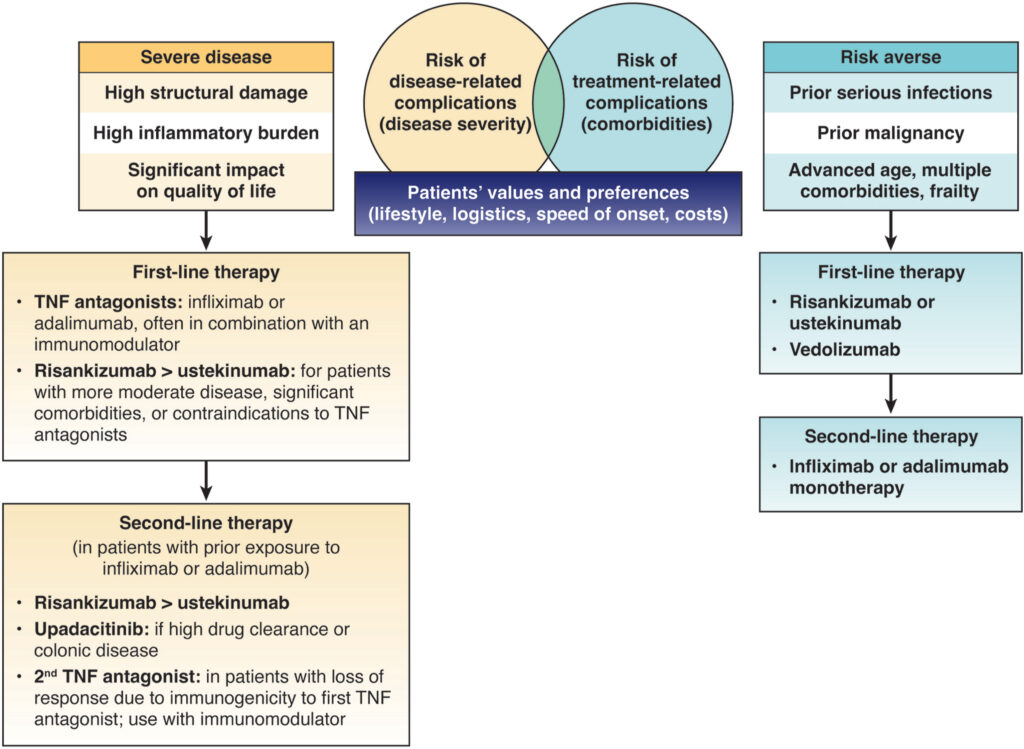
As the IBD treatment landscape has expanded rapidly, this article breaks down the latest therapies, covering how well they work in real-world settings, key safety considerations, and how to manage dosing and monitoring.
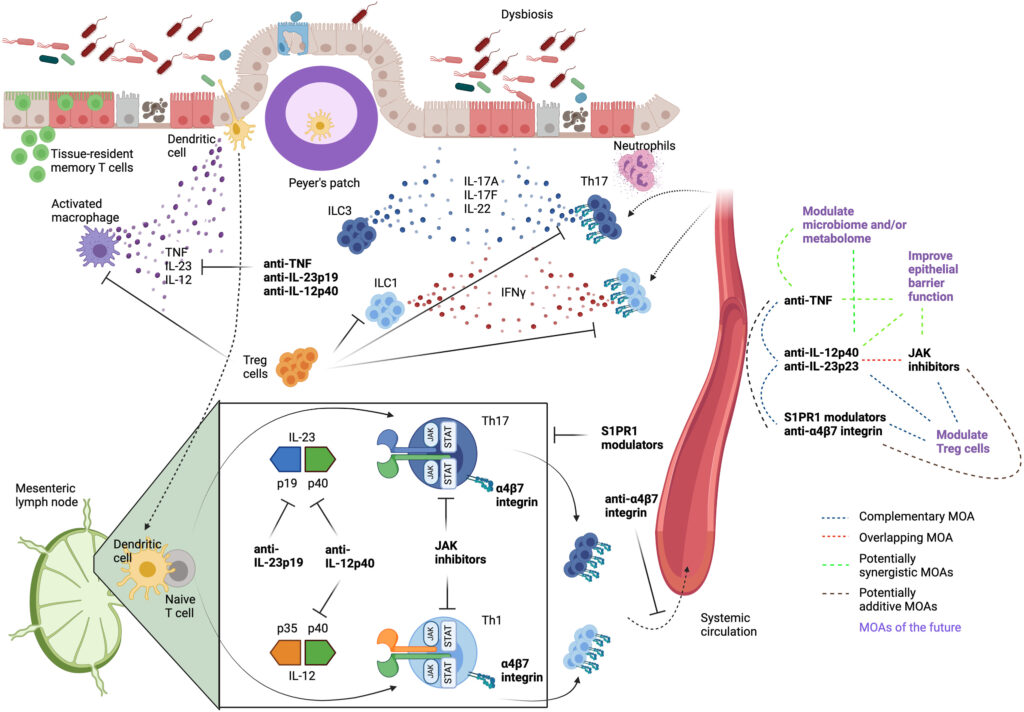
This article discusses how combined advanced targeted therapy (CATT) overcomes low efficacy rates and treatment resistance, potentially broadening its application in IBD care.
This article examines how IBD research methods are improving, what that means for drug development, and how trial results impact patient care.
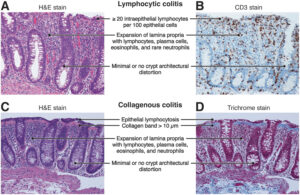
New research is shedding light on microscopic colitis causes, and the best treatment options. However, more studies are needed – especially for patients who don’t respond to standard therapies like budesonide.










